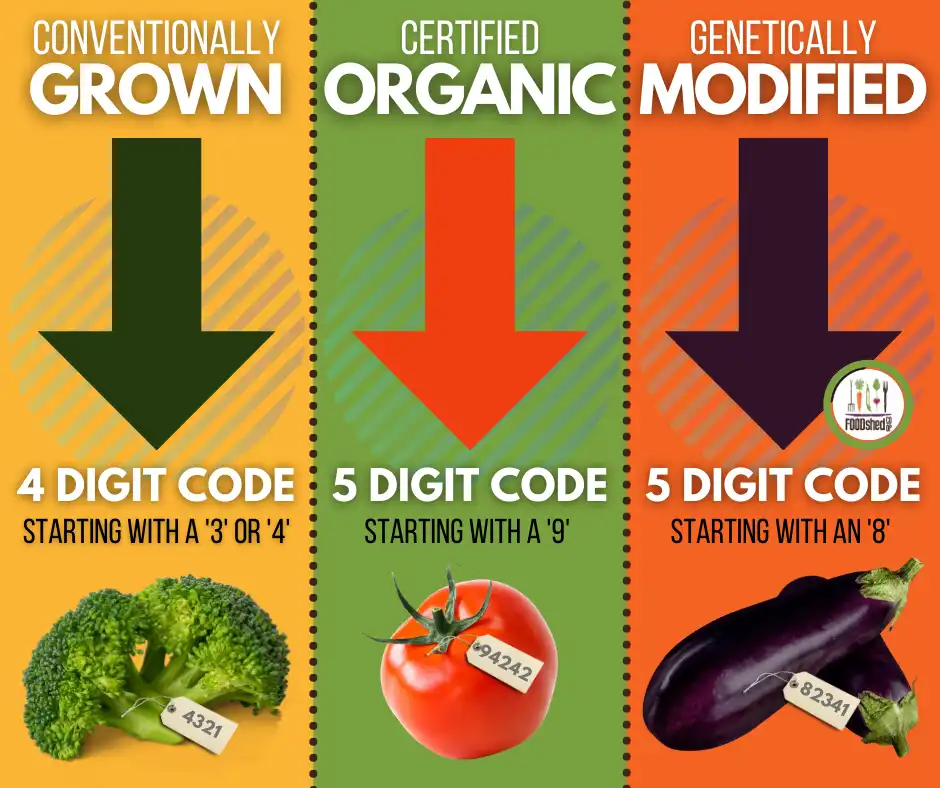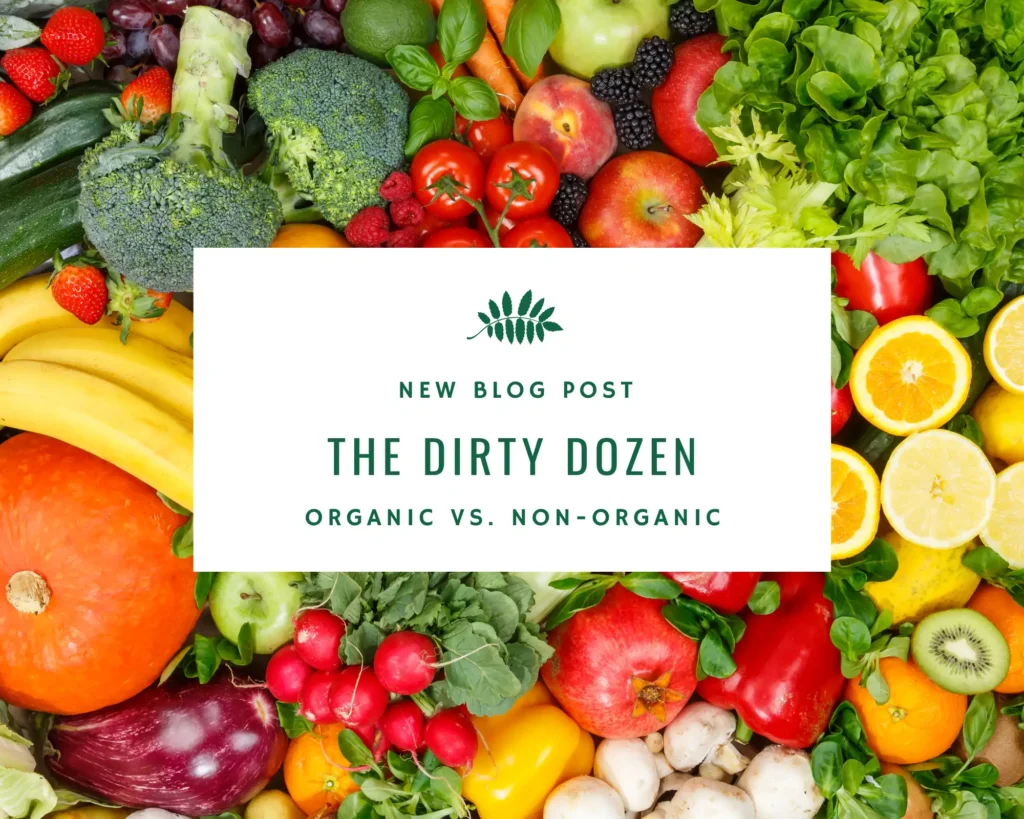In today’s world, where the quality of our food is increasingly compromised by environmental factors and chemical contamination, opting for organic produce can be a wise choice for safeguarding our health. While buying everything organic is not always feasible, focusing on certain fruits and vegetables can help maximize the benefits of your organic shopping.
Here’s a handy list, dubbed the “dirty dozen,” to guide your organic purchases, minimize exposure to harmful chemicals, and get the biggest bang for your buck.
- Strawberries
- Spinach
- Kale, collard, and mustard greens
- Peaches
- Pears
- Nectarines
- Apples
- Grapes
- Peppers
- Cherries
- Blueberries
- Green beans
These items tend to have the highest levels of chemical residues, making them prime candidates for organic sourcing. By prioritizing organic versions of these fruits and vegetables, you can significantly reduce your intake of potentially harmful substances.

It’s important to acknowledge that while fruits, vegetables, and whole grains remain essential components of a healthy diet, their nutritional value may be compromised compared to previous generations’ produce due to soil contamination and environmental changes. This decline in nutrient density raises concerns about potential nutrient deficiencies among consumers.
To mitigate this risk and ensure adequate nutrient intake, supplementation with a high-quality multivitamin can be beneficial. If you’re unsure about which supplements to choose, feel free to reach out to us for recommendations. We’re more than happy to share our preferred line of supplements to support your overall health and well-being.
In conclusion, while the state of our food supply may present challenges, making informed choices, such as prioritizing organic produce and supplementing as needed, can empower individuals to take control of their health and nutrition. Let’s prioritize quality and invest in our well-being for a healthier future.

